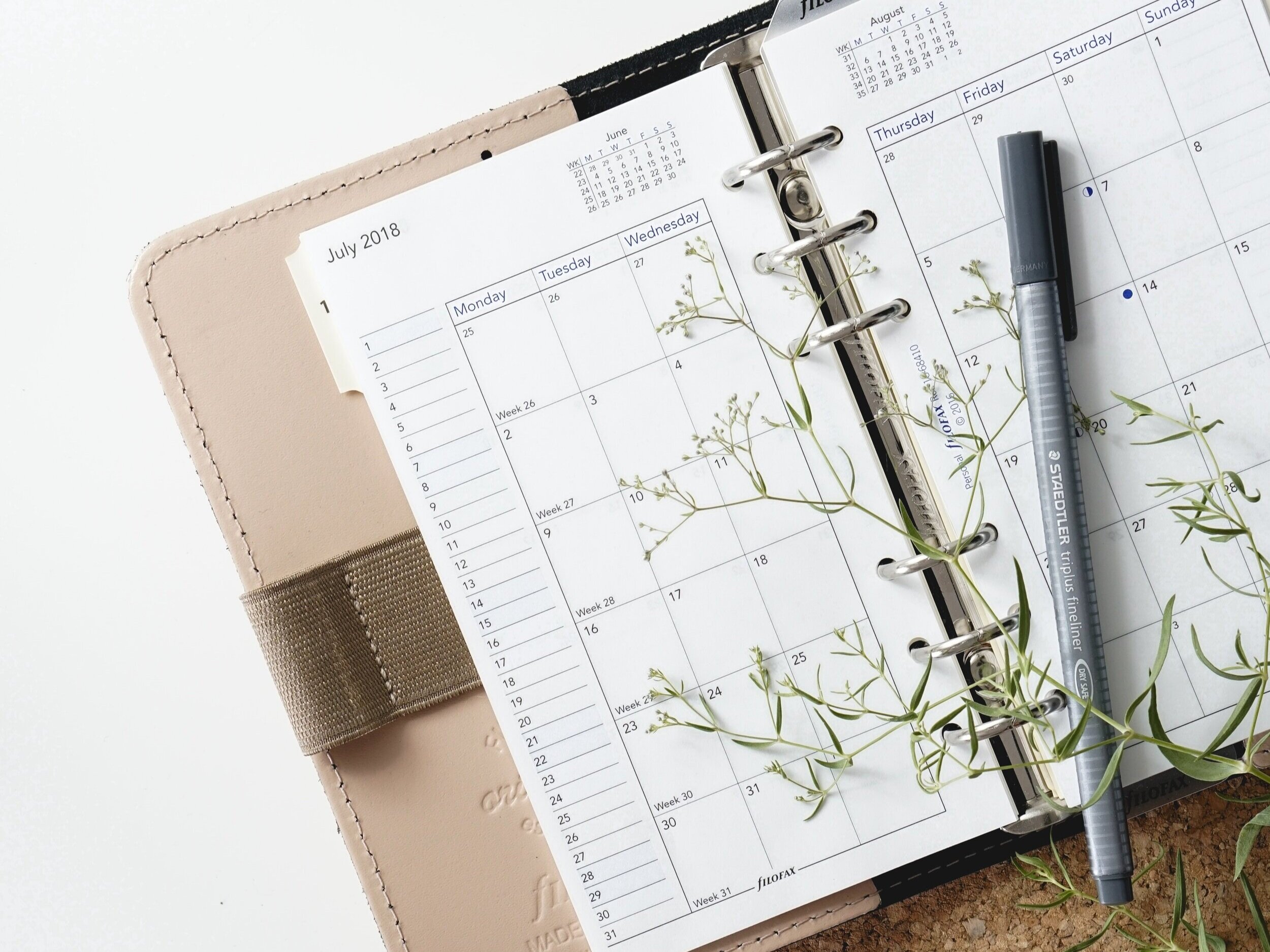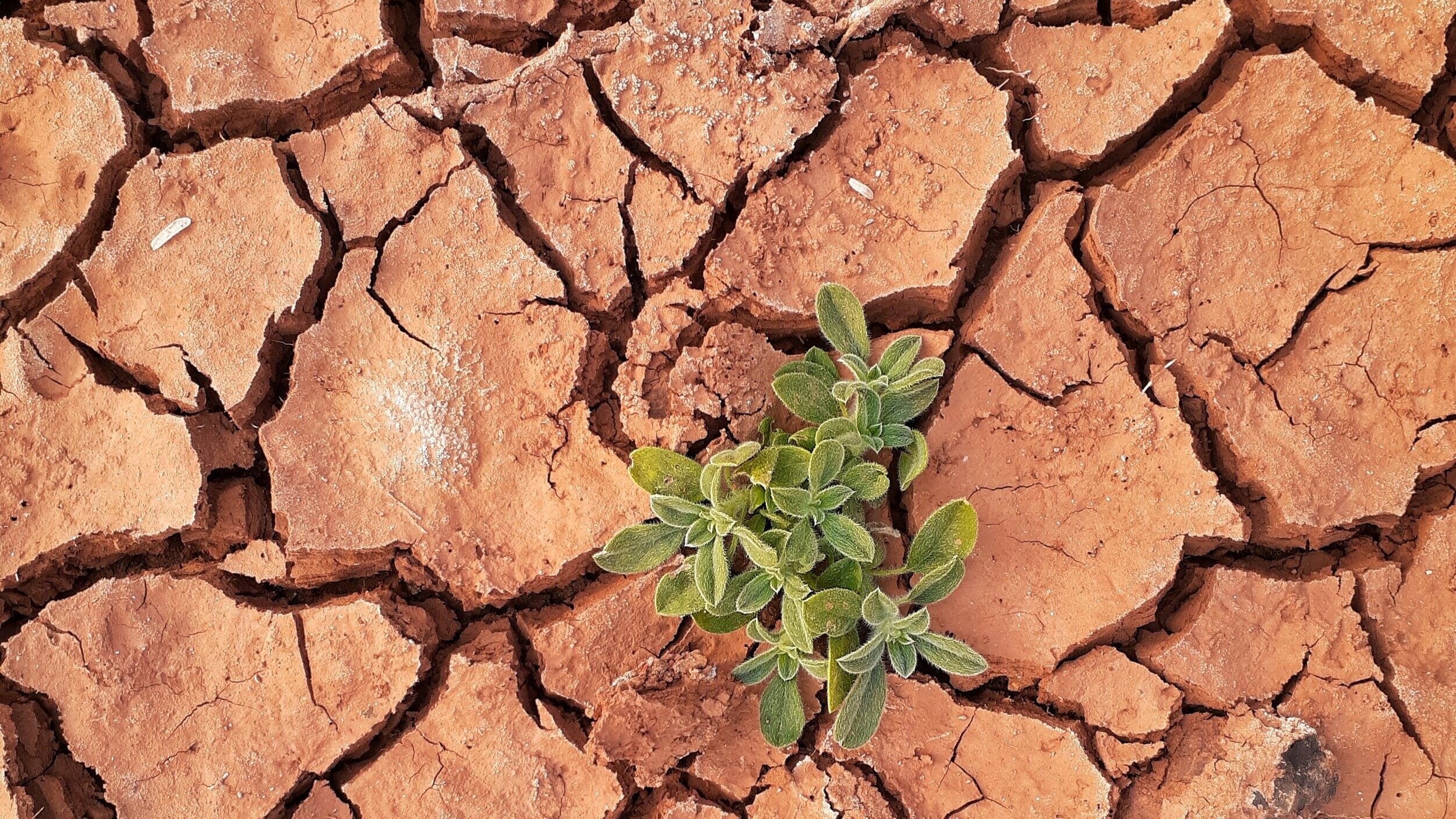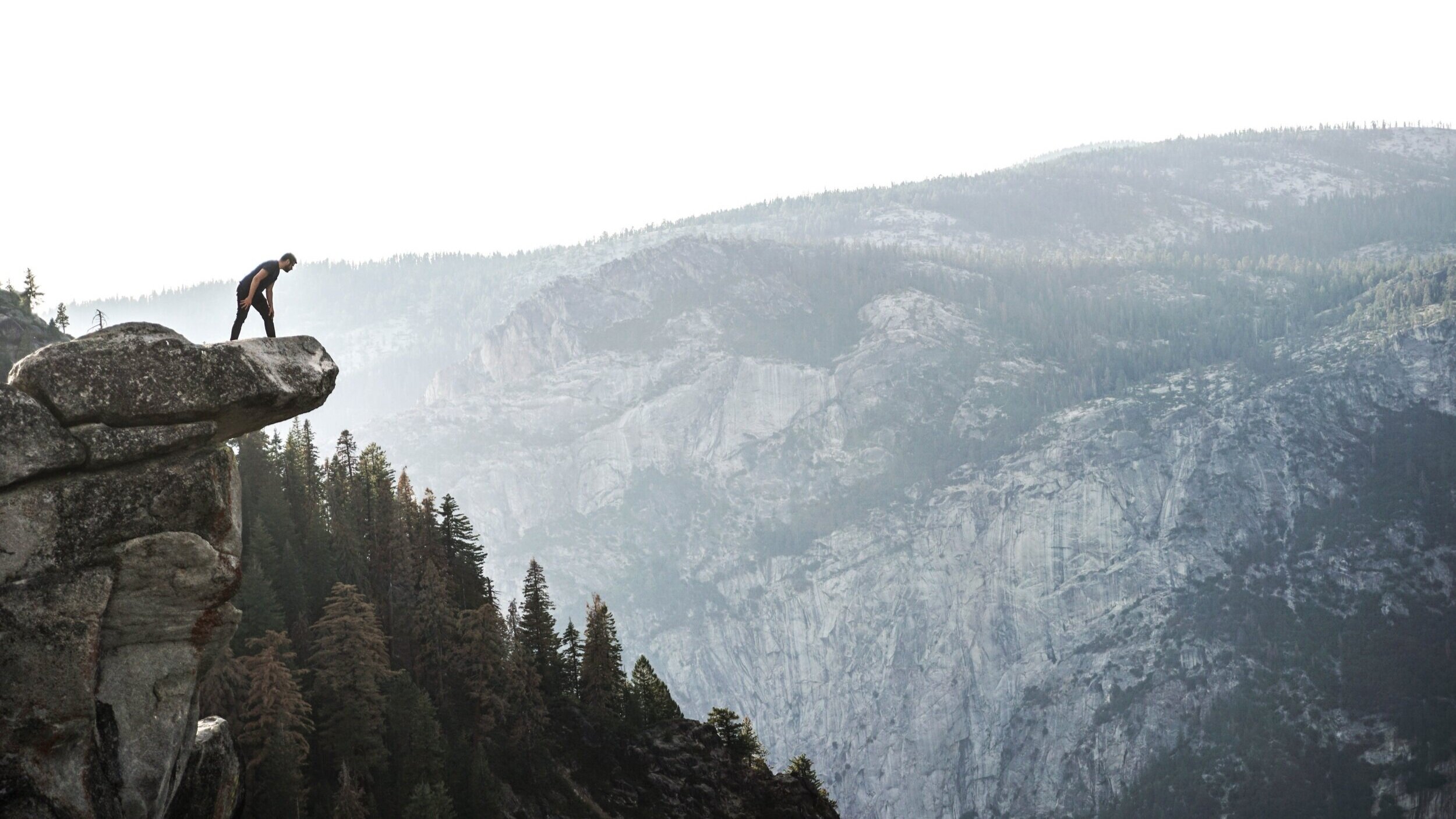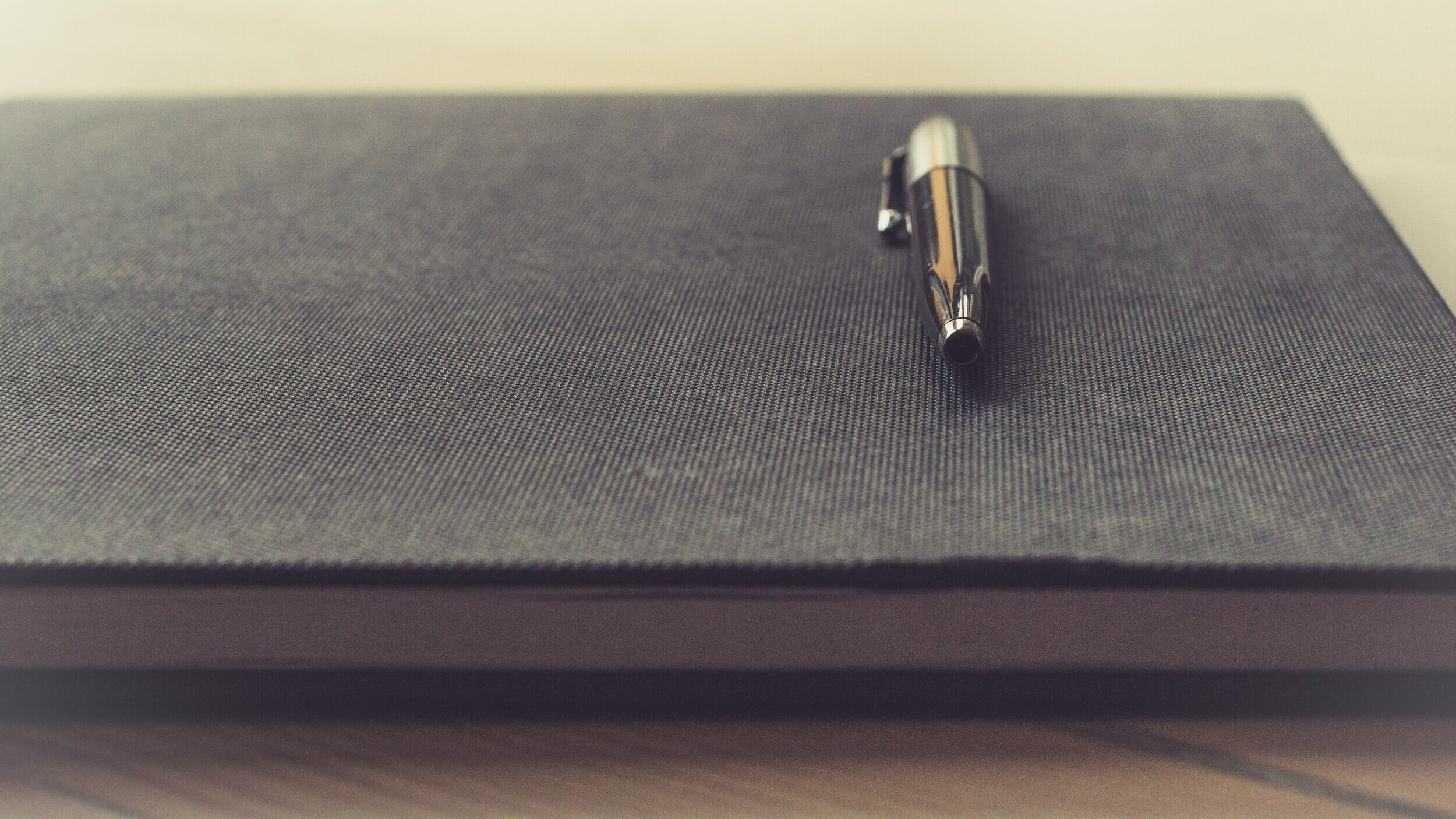On… Eco-anxiety #4
What can we do when all the self-care in the world doesn’t seem to help?
This is the final posting in a series of four blog posts on mental health during a climate emergency. If you want a reminder to put up in your office or home, you can download a summary of the series when you subscribe to receive my blog posts to your inbox.
Towards the beginning of autumn of last year, I began to wake up in the mornings with a sense of absolute dread about the day ahead.
No matter how much I meditated, practiced yoga or thought of all the things I was grateful for, most days felt like an impossible mountain I had no desire to climb.
My body also started to experience all sorts of strange aches and pains, and I developed a recurring head cold that I couldn’t shake off.
I became increasingly frustrated and resentful at the people around me, and the only thing I really looked forward to was crashing out on the sofa at the end of the day and gorging on a very large bar of chocolate.
My days began to feel like an impossible mountain I had no desire to climb.
Nearly six years beforehand I had helped set up the charity for whom I was now working as Director. I had steered us through the turbulent waters of financial instability, developed a strong team influencing national climate policy, and paved the way to expand our activities by establishing regional offices across the UK.
After years of hard work and dreaming big we were arriving at a point of stability, we had finally ‘made it’.
Why, then, did I feel so awful?
Grace, Grounding, Gratitude and…
Over the past month I have shared three ideas for working with the difficulties associated with our fears about the state of the planet. These are;
Grace- a regular meditation or stillness practice to remind us that our value comes from who we are and not what we do for the world.
Grounding- giving our tired minds a rest by spending time appreciating the physical world, whether that is moving our bodies, being in nature or perhaps creating something beautiful.
Gratitude- savouring many of the gifts that we may overlook when feeling anxious and scared about the future.
But sometimes, as I did last year, we might find that these aren’t enough.
Sometimes we might be doing everything we can to look after ourselves, but still live with the nagging or perhaps overwhelming feeling that something drastic needs to change.
For me, the extreme exhaustion I was experiencing last year was a sign that I needed to stop and rest, but it wasn’t something I wanted to do when feeling so concerned about climate change.
Eco-anxiety (and various other anxieties) had taken a grip, but it was perhaps even more difficult for me to recognise because I had burned out before and thought that with all the self-care practices I had developed since I wasn’t at risk anymore.
But the truth was, I had given everything I’d got to the work- and a little more than that- and it was time to for me to stop for more than just a few minutes of meditation or gratitude practice each day.
So I decided to take a six month research sabbatical which started in March of this year.
As I prepared for six months of an empty calendar, I found myself feeling quite lost and I also grieved for how I had hoped to feel as the Director of such a wonderful charity. I planned to fill my time by visiting eco-projects, taking some training courses and spending as much time as I could away from my computer and in nature.
Then the pandemic hit and lockdown began. Once again, things weren’t quite going as planned.
As I prepared for six months of an empty calendar, I found myself feeling quite lost.
During this time I have found myself returning in some form or another to the same question again and again;
“How can I approach these challenges in such a way that they might one day become a gift to me?”
Essentially, how can this experience become an opportunity for Growth?
Growing Pains of a Changing World
These moments of breaking, when our lives as we thought we knew them crack apart, can be very painful. We thought things were heading in one direction, and suddenly it becomes clear that this is no longer meant to be.
If that is the case, it might mean that a much more substantial transformation is waiting to emerge in our lives. Some of us might even be looking at a complete overhaul of the whole system.
Sometimes painful moments of breaking in our lives can give way to new growth.
As a collective, the human species is approaching one of those types of moments, made evident in the challenge presented to us in the climate emergency.
If you are finding that all the self-care in the world isn’t helping alleviate your sense of eco-anxiety, it might be because your fears about the state of the planet are well founded and they are trying to communicate something very important; that humanity’s current way of relating to the planet isn’t working and it isn’t sustainable.
That something really big really does need to change.
Shifting Values
World War II was the deadliest war in history and yet it was a period of enormous societal change and growth. It gave birth to the National Health Service and radically improved the status of women in society. Evacuation, rationing and sharing of bomb shelters also significantly shifted British values to foster a greater sense of community.
This reorientation is what the Common Cause Foundation, a London based research institute, would call a shift from ‘extrinsic’ to ‘intrinsic’ values.
Intrinsic values are values that are inherently rewarding such as friendship, loyalty, beauty, creativity and justice.
This is in contrast to extrinsic values which are centred on external approval or rewards, such as success, recognition and status.
The Common Cause Foundation’s research shows that a greater emphasis on intrinsic values can help us address many of the challenges we face today, including the climate emergency.
In their values Handbook they write;
“We need an empowered, connected and durable movement of citizens. We cannot build this kind of movement through appeals to people’s fear, grief or ego… [But] fostering ‘intrinsic’ values- among them, self-acceptance, care for others, and concern for the natural world- has real and lasting benefits’. (p.1).
Some of us are ready for this shift, but many are not because such transitions require opening ourselves to the vulnerability of the unknown and letting go of what has previously held us secure.
This can be a pretty terrifying prospect so it is not surprising that we often put it off, even if it is ultimately to our detriment.
Growth and transformation require opening ourselves to the vulnerability of the unknown.
When we Don’t Value our Values
However, even if we do think of ourselves as someone who places a greater emphasis on intrinsic values, there are a number of reasons why we might act differently. The Common Cause Foundation identifies some of these as;
We might fail to see that certain values are relevant to a circumstance
One of our values might be in conflict with another stronger one
We are influenced by context and social norms
We might not have agency in a situation to act on our values
This is a real challenge for us because the importance of our values cannot be underestimated.
Values are what give our lives shape and meaning, arranging the events of our days into a story about who we are and where we’re headed. They are the framework within which we arrange our motivations and our moving in the world.
Over the course of my sabbatical I have begun to see that one of the reasons I was burning out was because I was approaching my work in a way that was in danger of becoming out of alignment with my values.
The pressures of running an organisation had diverted my attention towards those extrinsic values of financial security, hitting targets and ensuring legal compliance (all very important, of course!) but at the expense of some of the intrinsic values that really sustained me in the work, such as fostering creativity and enjoying the process itself.
Whilst I wouldn’t have wished for the experience of exhaustion and depression of burnout, they have in the end become a gift to me because they have helped me find my way back to myself.
So painful experiences and emotions, such as eco-anxiety, can challenge us to consider what really matters to us and whether our lives are truly reflecting our values. With the right support in place to hold us through the journey (and for me, Grace, Grounding and Gratitude have been a large part of that) these challenges can become real moments of Growth.
Supporting Growth in our Lives
There is no quick answer to supporting Growth in our lives, but the one practice that has sustained me the most is journaling.
I have journaled nearly every day since I was ten years old. Each evening I take ten minutes to write a summary of what I’ve done that day, and what’s shifted for me emotionally as I’ve done those things.
Like meditation, grounding and practicing gratitude, regular journaling is also proven to yield a variety of benefits including improved sleep and mental health, but perhaps the best part of journaling for me is captured in the words of a fellow blogger, counsellor and friend Rachel Mobbs;
“My journal is evidence to my negativity biased brain that nothing is constant and unbending. I am continually adapting from one week to the other. You are doing this too, even if you don’t believe that you are.”
You can read Rachel’s blog on the practicalities of a journaling practice here- we’ll also be publishing a joint blog post together shortly.
Journaling gives us distance from our thoughts, disentangling the various contradicting ideas, thoughts and feelings that vie for our attention.
It allows us to take a different perspective, see new connections and maybe even forge a new way forward.
Journaling is also what gave birth to this blog.
As I have recorded my journey during my sabbatical I began to see things from new perspectives. I reconnected with the values that mattered to me most, and I wanted to share those thoughts with others.
Each week these posts are a creative outlet to collect and hone the emotional work I am currently doing. It’s kind of like journaling, but in a slightly more public way!
Change is Coming, Whether we Like it or not
For several decades now climate change has been calling us to enter into a transition, but we have been reluctant to do so. The pandemic, however, has altered our lives very quickly, forcing us to decide as a collective what we value most as we respond to the impacts of the virus.
Whilst economic growth has ground to halt, this has given us an opportunity for immense inner reflection and transition.
I hope that this series of posts on Eco-Anxiety has provided some ideas or reminders of practices that can support you in your own response both to the pandemic and to the climate emergency.
We are living in unprecedented times where the stakes are high but the opportunities for growth and transformation are abounding.
So much of what is happening ‘out there’ in the world is a reflection on a giant scale of what happens inside of us- and visa versa. So where better to usher in the transformation of the world, than with our own selves?
If you have found this series helpful, please consider sharing it with friends, family, and colleagues who might benefit from some ideas as to how we can work with our eco-anxiety, and if you have any suggestions for future posts, I’d love it if you could contact me or leave a comment below.
Thank you for reading!
About Me
I’m Jo, formerly the founder Director of national climate change charity, Hope for the Future. I am currently researching eco-anxiety and how we can build emotional resilience in our response to the climate emergency.
Welcome to Climate.Emergence- a place to emotionally process what on earth is happening to us and our planet.






